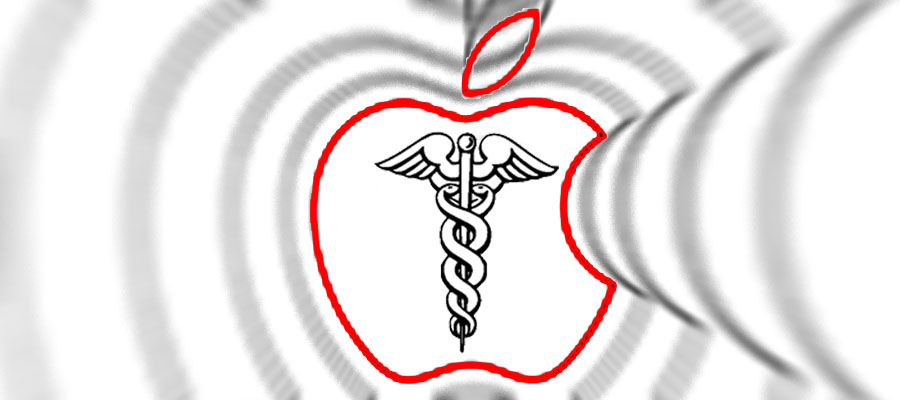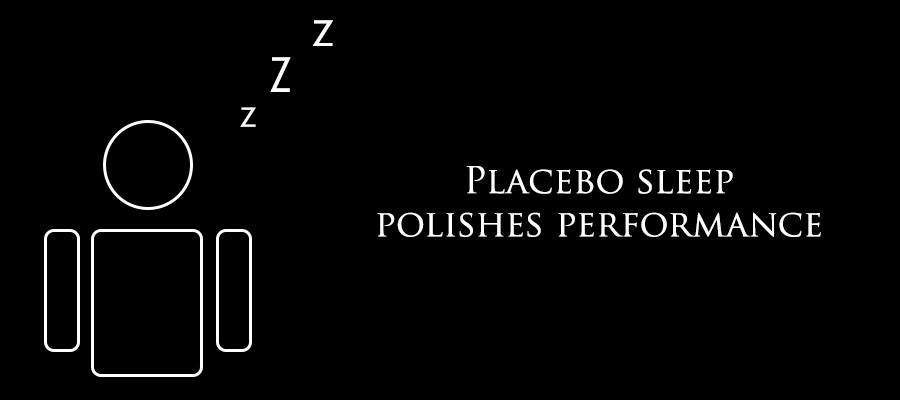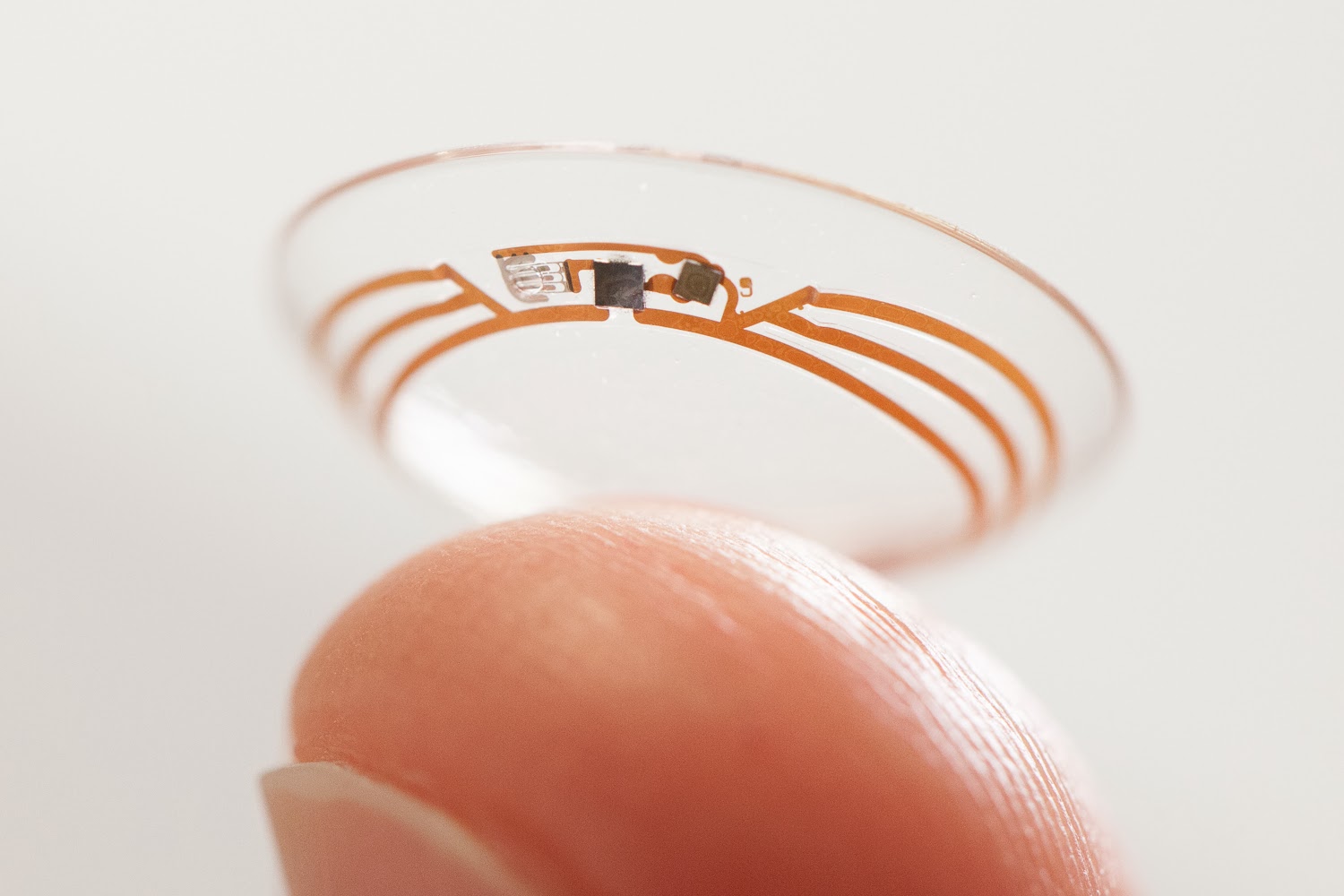Despite the progress that has been made in the field of mHealth, a
recent survey of the health related apps that are currently on offer
in the iTunes store has suggested that many of them provide only
limited functionality, and that even then they generally serve only
very limited patient populations. Fulfilling the optimism about the
future of mHealth may depend on overcoming these limitations by
increasing both the functionality of mHealth apps and the range of
patients and conditions that are covered.
Assessing mHealth Apps
Despite the growing interest in using mobile healthcare apps among
both clinicians and patients, little research has been done to assess
the value of the mHealth tools that are currently available. In order
to address this lack of clinically oriented evidence, the IMS
Institute for Healthcare Informatics has conducted a survey of the
approximately 43,000 mHealth apps currently listed in the iTunes
store. The results were released at the end of November 2013 in the
report Patient Apps for Improved Healthcare: From Novelty to
Mainstream. The aim of the project was to evaluate the clinical
functionality of the apps and to assess the range of conditions and
patient populations that were covered.
Limited Functionality
The survey assessed the clinical functionality of all the mHealth apps
available from the iTunes app store against a set of 25 criteria, each
of which could earn the app up to four points, for a maximum of 100.
Only 10 percent of the apps surveyed scored more than 40 points,
indicating that the great majority of apps provided only limited
clinical use. Another issue uncovered by the survey was that many of
the apps failed to make full use of the technology. More than 10,000
of the apps were able to provide information to users, but only about
half of these apps also offered instructions, and only about 20
percent were able to record data about their users.
Limited Applications
The IMS Institute survey found that just 16,275 of the 43,000 apps
were designed to help patients who had specific health conditions or
who were undergoing particular types of treatment. Most of the apps
examined during the survey focused on overall health and wellness
rather than on helping patients with specific illnesses or targeting
the patient populations in greatest need of help. The most common
types of mHealth apps were tools that were intended to assist with
dieting and weight loss.
The populations most in need of healthcare were the least likely to be
targeted by mHealth app developers. The growing number of smartphone
owners in the developing world, whose frequent difficulties accessing
medical care would seem to make them the ideal targets for these kinds
of applications, but few mHealth tools are designed for them. Older
people, over the age of 65, are also in particular need of healthcare,
but they were another neglected population that was unlikely to be
targeted by the developers of mHealth apps, and they were also
unsurprisingly among the least likely to download these types of apps.
This was not entirely a result of the limited availability of apps
targeted toward this population. The over 65s were also less familiar
with the technology, with only 18 percent of them owning their own
smartphone. If they are to be reached, it is likely to be via their
younger caregivers. More than half of the 45 to 54 year olds who might
need to care for elderly relatives are smartphone users. Convincing
consumers, particularly in the over 65 age group, to rely on apps and
easily damaged or lost mobile devices for their healthcare, could be
difficult.
Limited Uptake
The survey revealed that just five of the apps available on iTunes
accounted for 15 percent of all mHealth downloads from the service,
and over half of the apps had been downloaded fewer than 500 times.
The researchers suggested that the lack of information on the utility
of the available apps might be a factor in reducing the uptake of
mHealth tools, while the reluctance of clinicians to make
recommendations in the absence of any formal guidelines or clinical
evidence could also be limiting. While the physicians who were
contacted by the survey team were aware that mHealth could potentially
be very useful to their patients, they did not feel comfortable about
directing patients to use particular health apps. The evidence on
clinical functionality provided by this survey might be the first step
to providing physicians with the evidence they need to feel confident
about recommending mHealth applications.
News article by Evelyn Dunne
Read More




